Trees improve agricultural productivity and household incomes in Homa Bay
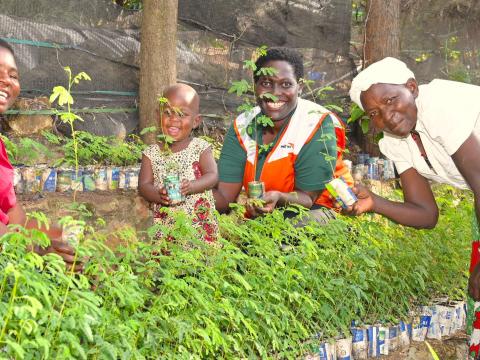
By Sarah Ooko, World Vision Senior Communications & Media Officer, Kenya
A narrow earth road curves its way on the fringes of a hilly village, tucked away in the depths of Homa Bay County, Kenya.
The journey up the hilly terrain is a gruesome one, especially for those that undertake it past noon, when the scorching sun is at its peak in the area.
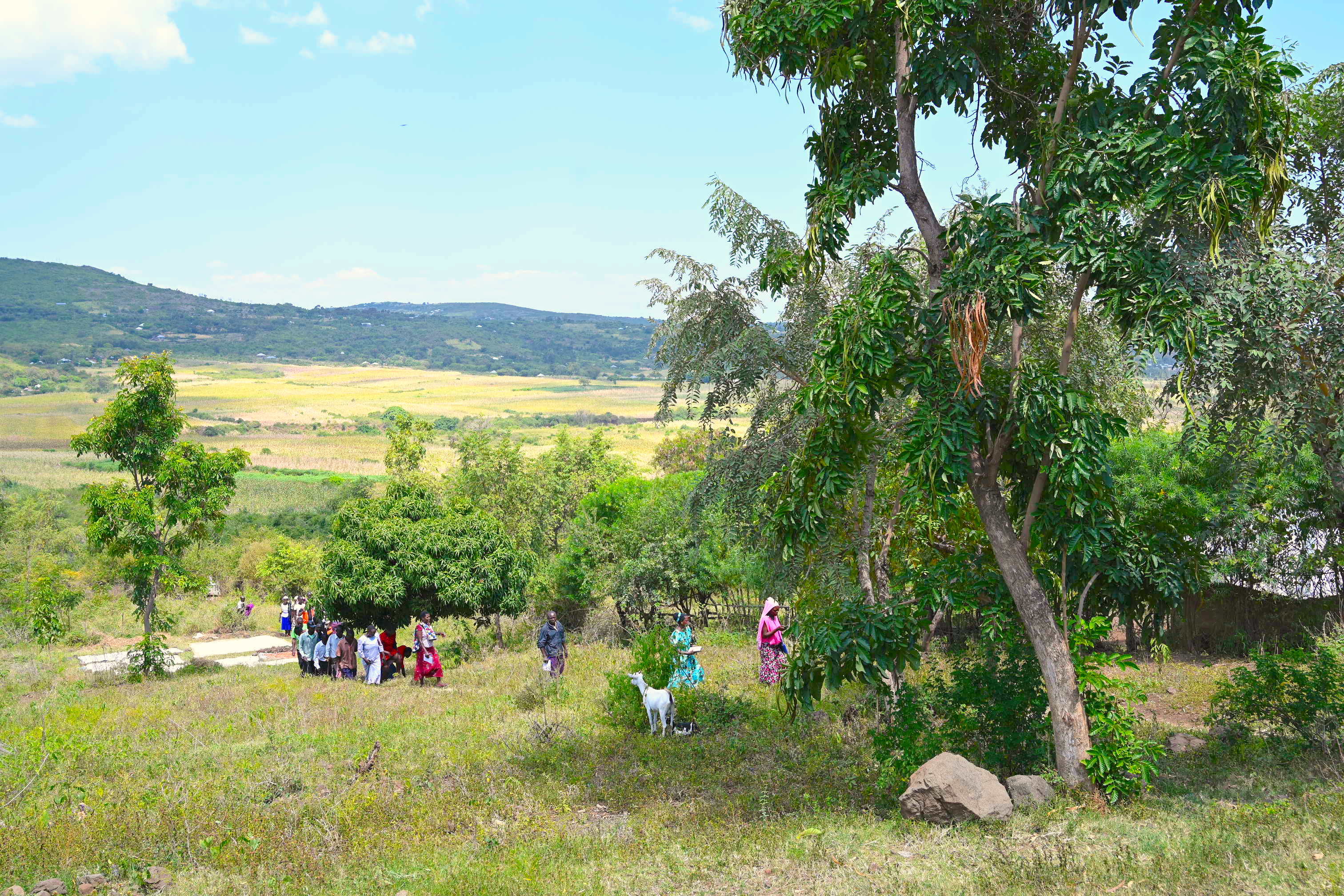
During this time of the day, it is common to see sweat trickling down faces and hear sighing sounds of heavy breathing as people struggle to get air into their lungs while walking up the steep hill.
But the environment changes drastically towards the tail end of the hilly terrain, where the earth road curves its way past numerous rows of trees leading to Salome's home.
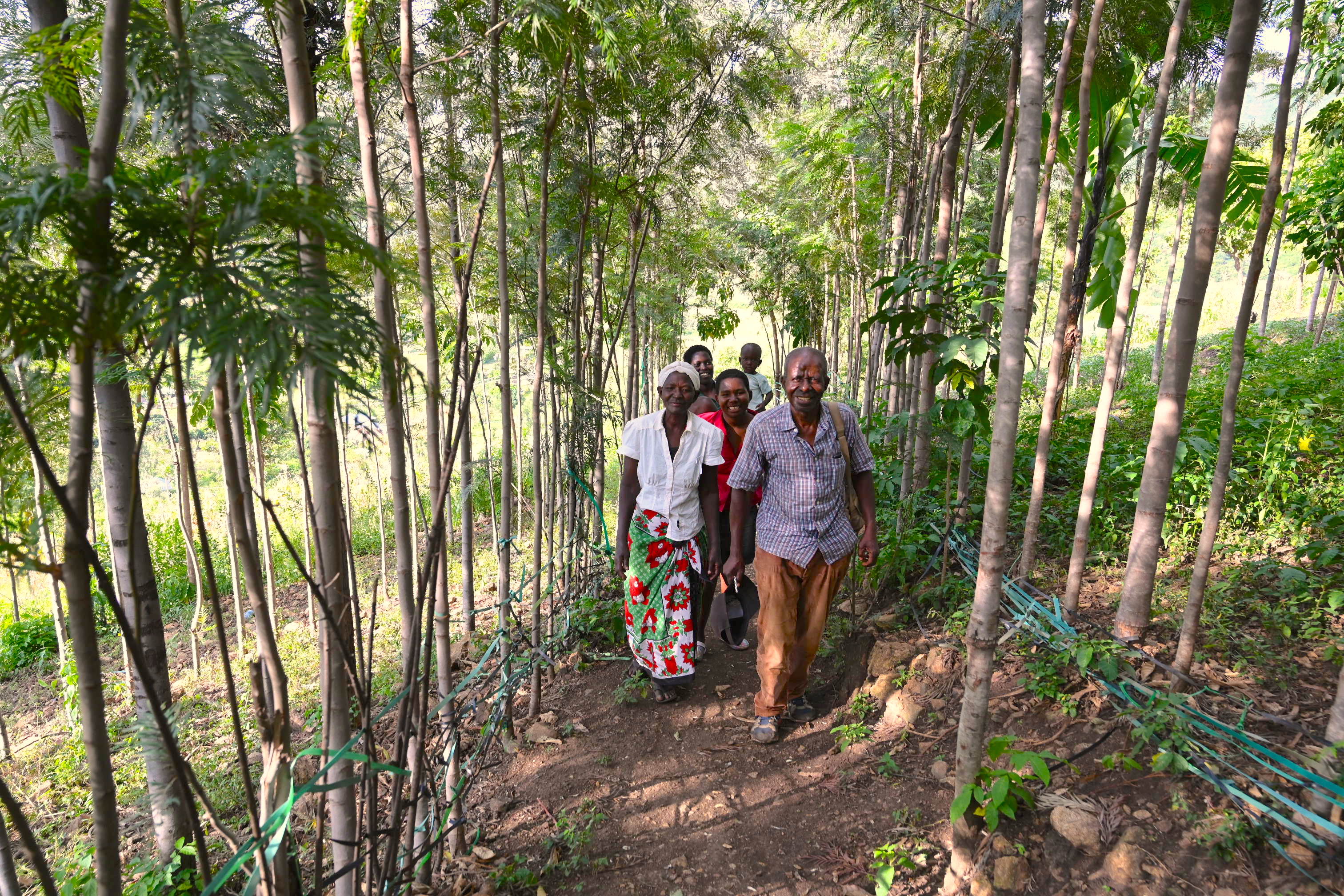
Here, the breath-taking landscape captivates travellers and enables them to relax as a cool breeze from the swaying trees soothes their skin.
This serene atmosphere is as a result of deliberate efforts by Salome and her family to increase the tree cover on their land through an innovative and low-cost reforestation technique known as the Farmer Managed Natural Regeneration (FMNR), which World Vision is promoting in the area.
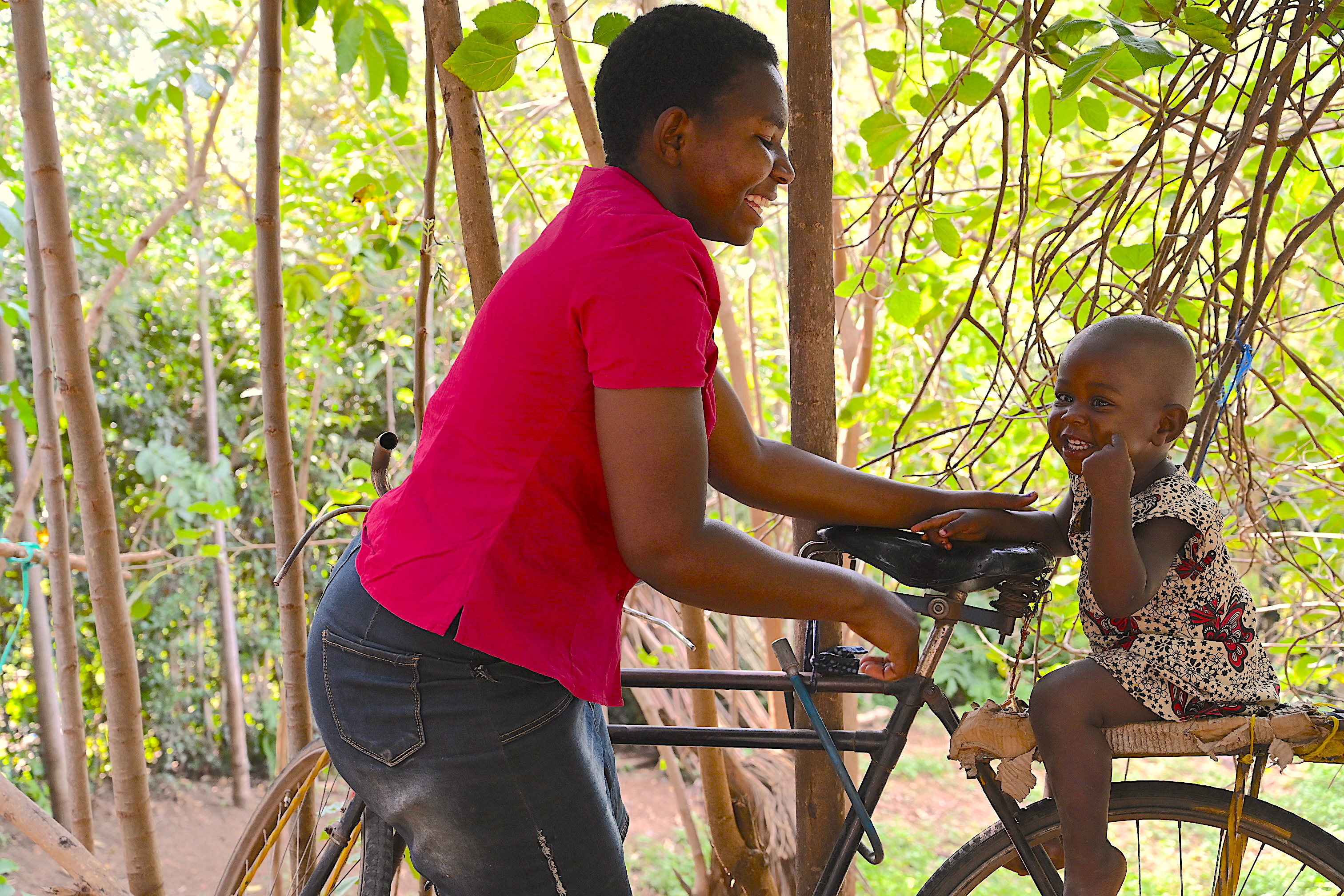
The FMNR approach boosts the regrowth of indigenous trees from felled tree stumps, roots of previously cut trees or naturally occurring tree seedlings present in the soil, on farms.
The upcoming trees are systematically managed by farmers through pruning and damage protection by animals. This rapidly turns them into sturdy mature trees and forests in a matter of years.
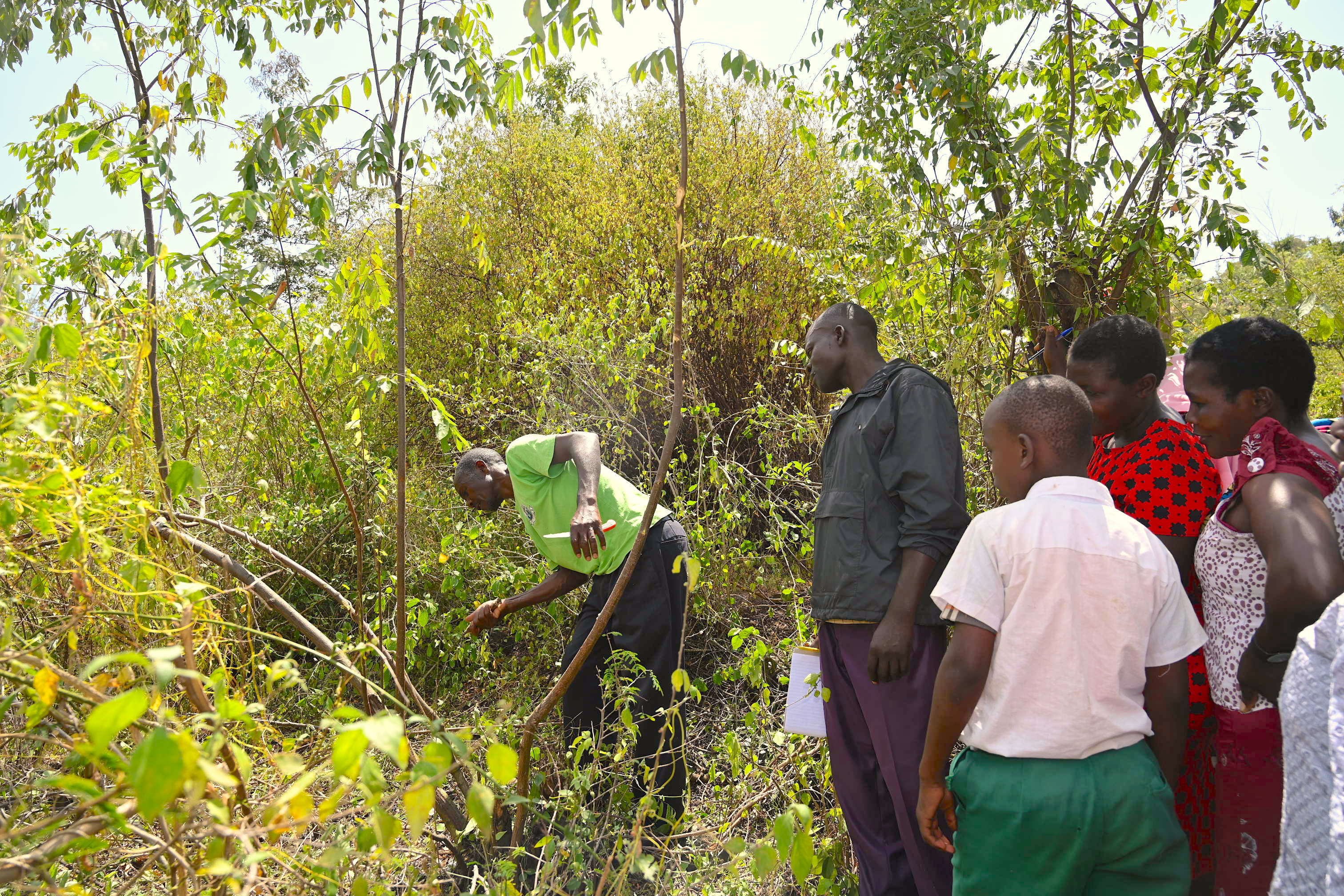
"The land you see here was mostly bare as we had cut almost all the trees so we could grow crops. But we didn't know that doing so would degrade our land, causing it to lose fertility and lead to low crop yields and harvests," notes Salome.
She gained knowledge on the importance of trees and how deforestation damages the environment, after going through training seminars on FMNR that were organised by World Vision in Homa Bay County, Kenya.
The training workshops inspired her to begin promoting the growth of indigenous trees on her land. This has brought numerous benefits to her family and inspired her neighbours to embrace the FMNR technique too.
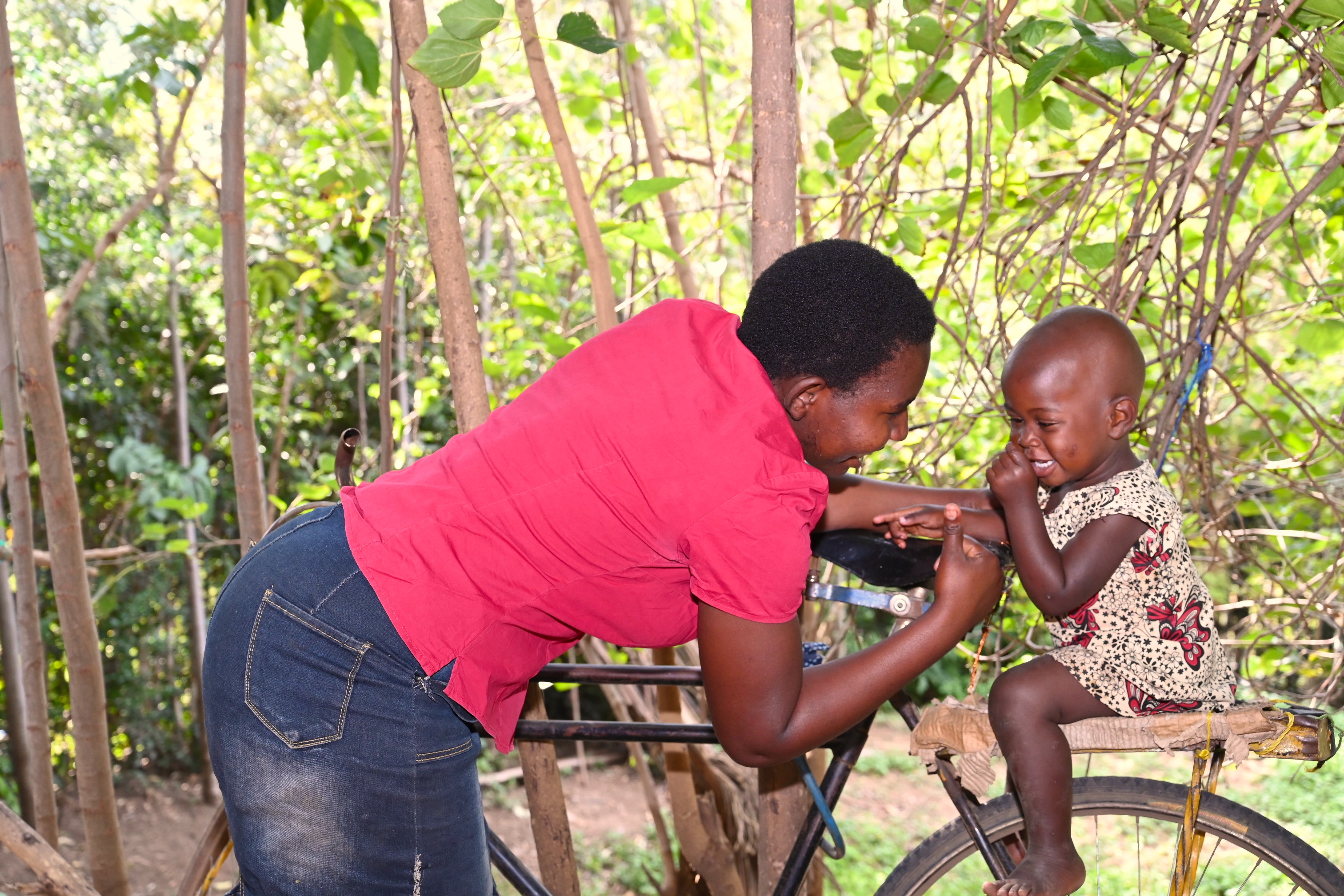
"The trees have elevated the status of my home. We don't have much, but the trees make our compound look beautiful and attractive. Visitors usually admire our home when they come here. The trees also give us fresh air and a cool shade that protects us from the hot sun which stays with us all year round," says Salome.
Since trees act as effective wind breakers, Salome notes that they have protected her roof from being blown away by strong winds experienced in the area.
"We used to fear for our lives whenever the winds came. Now, we feel safe and no longer incur expenses in roof repairs that used to drain our finances,” she says.
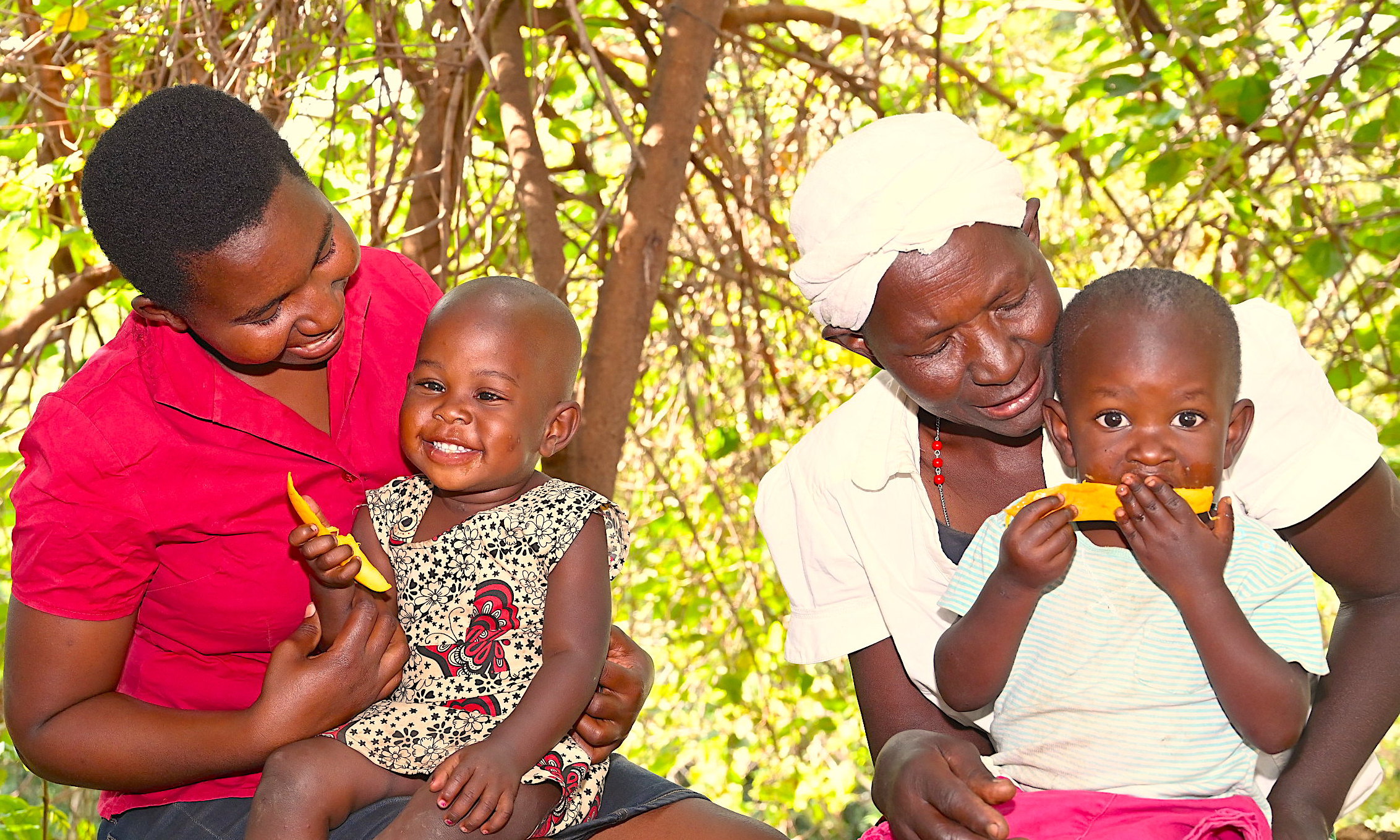
The increased tree cover in Salome's home also helped to restore the fertility of her land, which had been badly degraded. She now enjoys bumper harvests of food crops that are enough for home use as well as for income generation.
In addition, the reforestation happening in Salome's land as a result of the FMNR approach, has led to the revival or regrowth of indigenous fruit trees like the custard apple and wild berries which have helped to boost the nutrition status and immunity of her children and families.
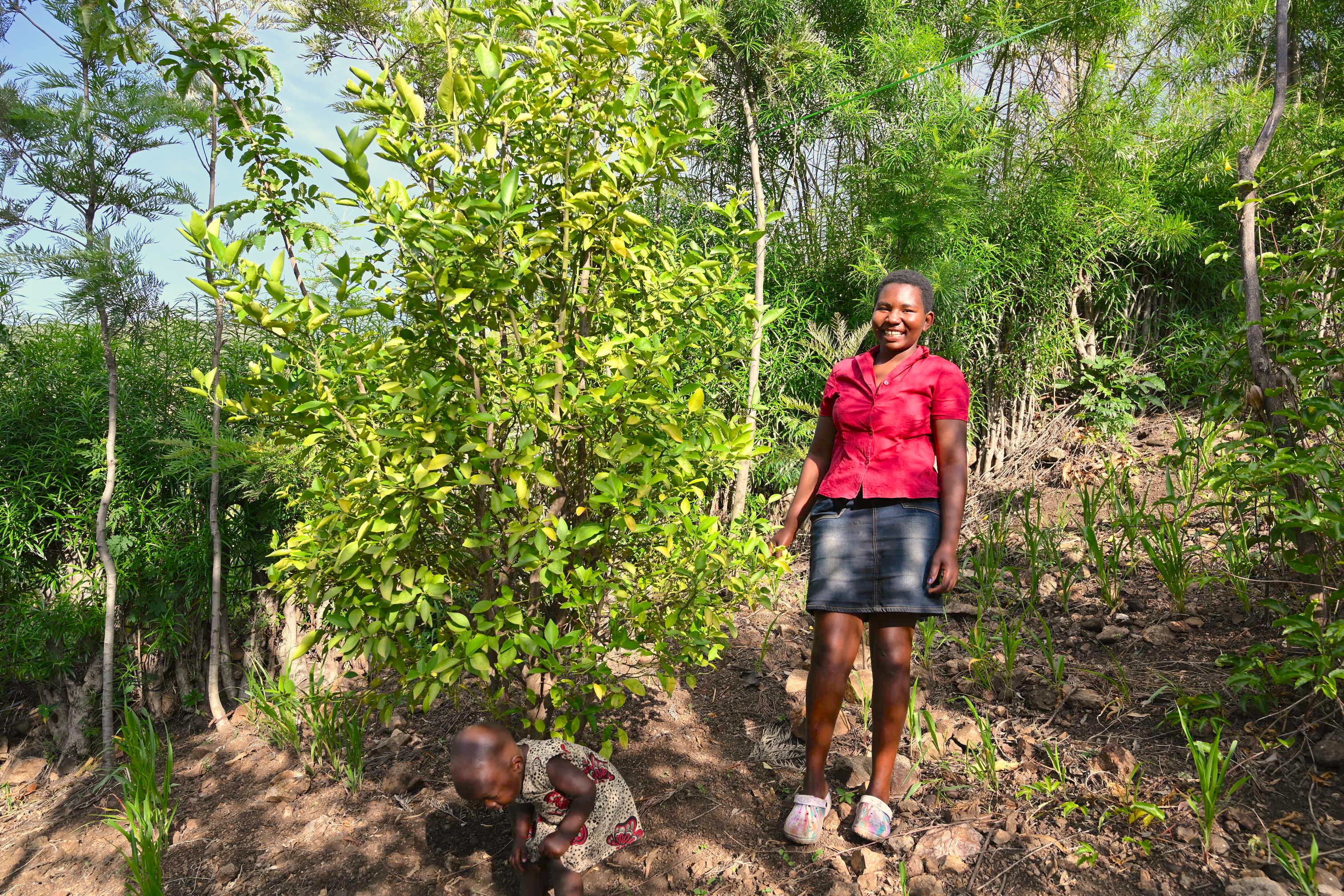
"I also decided to plant mango, avocado and lemon trees which are doing really well and we all enjoy their fruits. Nowadays, my children rarely fall sick. The visits to the hospital have greatly reduced," she says.
Salome has also established a tree nursery for nurturing tree seedlings. She sells them at affordable prices, which enable her to get profit while at the same time encouraging other families to increase tree cover in their land.
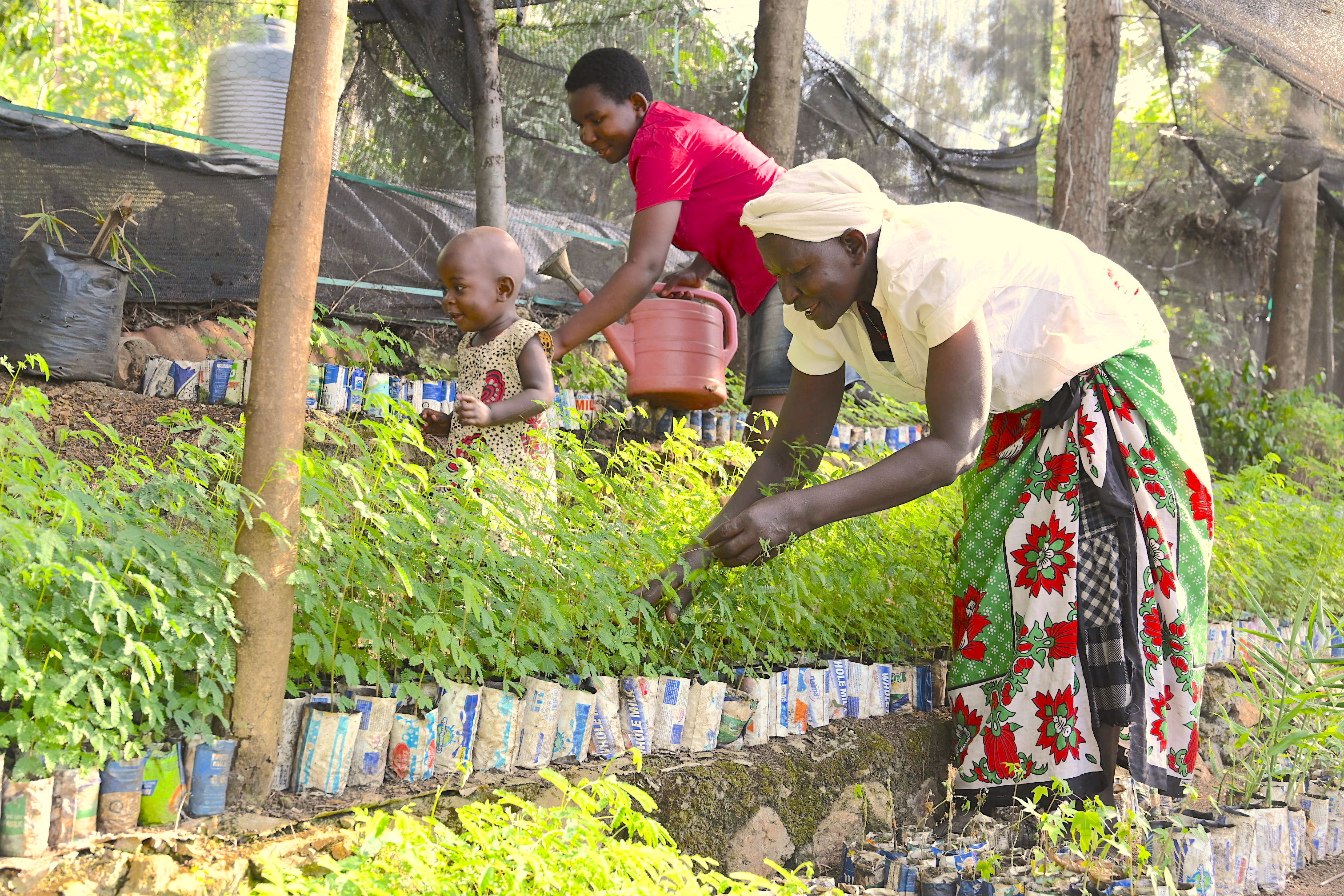
"Communities here have greatly benefitted from increased tree cover on their land. This has encouraged many families to conserve trees and manage those they have really well," says Irene Kibon, the Manager of World Vision's Regreening Homa Bay through Gender Inclusive FMNR project in Kenya.
This novel project, launched early this year, is keen on increasing the participation of more women (just like Salome), as well as the youth, in landscape restoration ventures like the FMNR technique so as to improve their livelihoods and better their communities.
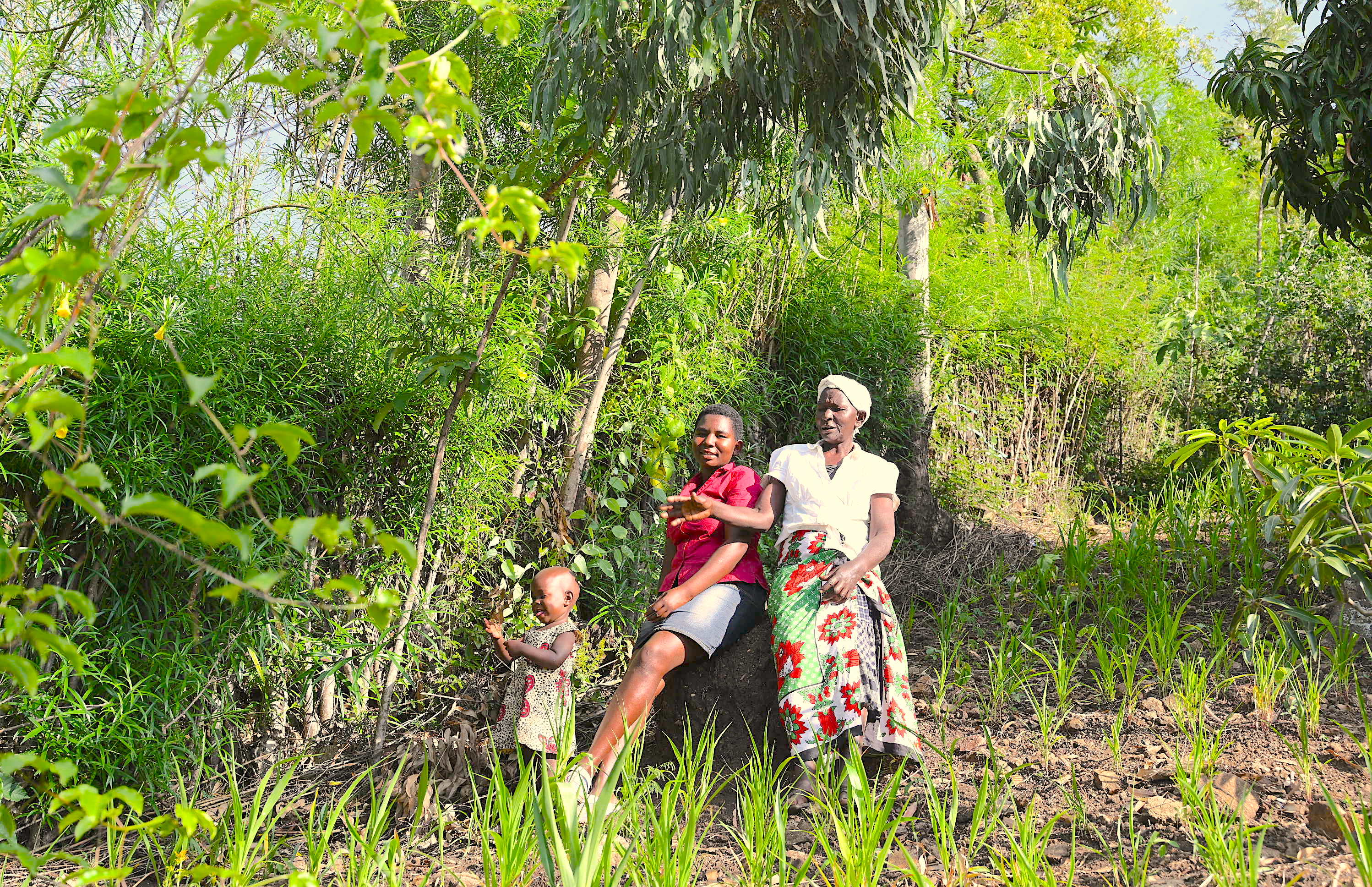
"Women and children are the most vulnerable and worst hit by the adverse effects of climate change. This is why the project has a special focus on women headed households," states Irene.
The project also seeks to advocate for favourable policies that will promote the FMNR approach, as well as other landscape restoration and management techniques in Homa Bay County.